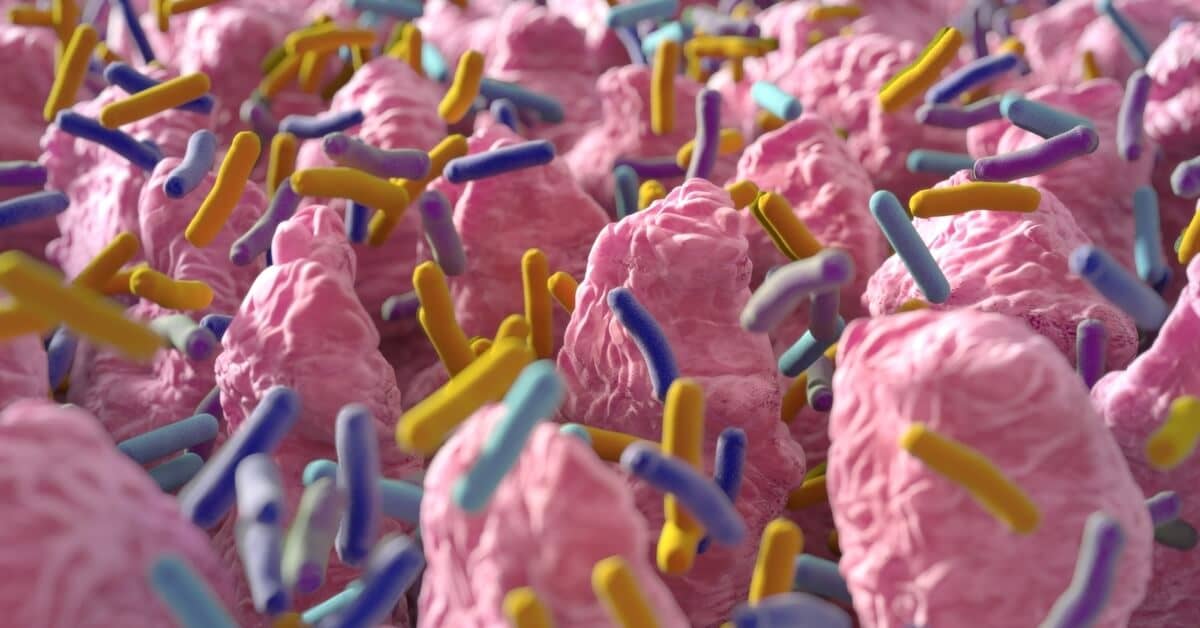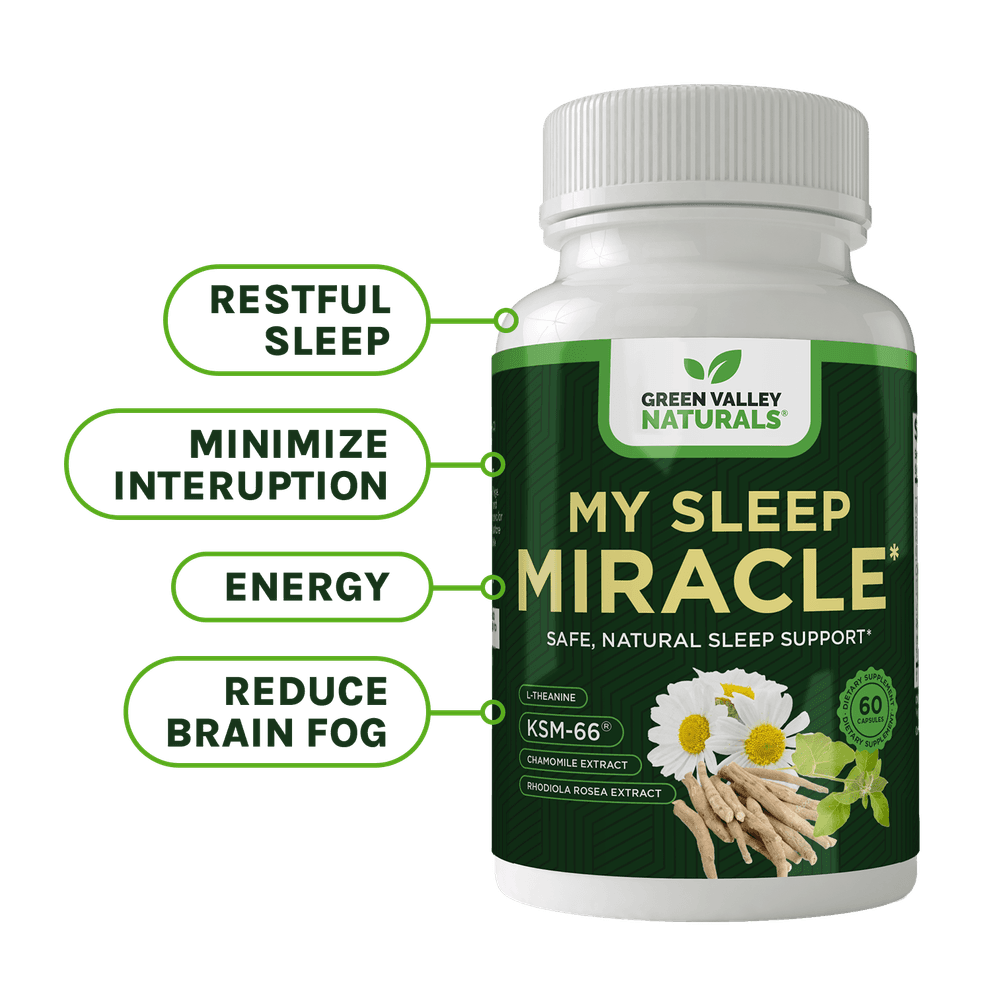
Ge Hong, a fourth century Chinese doctor, had an unusual method for treating food poisoning and diarrhea. He gave the patient some nourishing "yellow soup."
I doubt the broth was very tasty because it was prepared from the dried or fermented feces of a healthy person.
Ge Hong turned out to be an unlikely pioneer. Today, a good balance and diversity of gut bacteria is accepted as a key health factor. And many doctors and scientists are looking to test fecal microbiota transplants (FMTs) as a way to treat a wide variety of conditions.
In the case of recurrent, intractable Clostridium difficile infection, anyone's feces will do the trick, but when it comes to other health problems, a special kind of poop donor is required.
No question, there’s a big yuck factor, but actually advances are being made to render the treatment safe and effective. . .
A fecal transplant is a procedure that takes a stool from a healthy donor and introduces it into the intestines of a patient. Medics obtain it from a stool bank where it is screened for pathogens, dissolved in saline and filtered. It's an approved procedure for C. diff in patients who do not respond to antibiotics.
But it's also been tried out in conditions linked to a poor gut microbiome. These include a broad range of diseases such as allergies, asthma, inflammatory bowel disease, irritable bowel syndrome, obesity and cardiovascular disease.
The success of FMT in C diff is an incredible 92%, but for anything else it ranges from 27 to 52%.
The evidence suggests the best outcomes in conditions other than C diff depend on the quality and compatibility of the donor's stool composition with the patient’s. Considerations include microbial balance, diversity and interactions. Genetic and environmental factors also play a part.
A high-quality stool also contains “keystone species” -- bacteria that produce important compounds such as butyrates.
Butyrates are short-chain fatty acids (SCFAs) produced by gut bacteria. The compounds have important functions in gene activity, the central nervous system, immune function and energy metabolism.
Scientists have linked a shortage of butyrate to many diseases. In one study, butyrate-producing bacteria increased 2½ fold in the patient after a fecal transplant.
Other factors also influence gut bacteria, according to molecular biologist Dr. Justin O'Sullivan at the University of Auckland, New Zealand. He’s the lead author of a recent review of FMT trials:
"...the success of fecal transplants has been associated in some studies with the transfer of viruses [that] infect other gut microbes. Some cases of recurrent diarrheal infection have even been cured with transplants of filtered stool that has had all the live bacteria filtered out but still contains DNA, viruses, and other debris."
People who donate feces with lots of positive characteristics are described in the review as "super donors," because after the fecal transplant the patient's own gut microbiome shifts towards that of the donor, and the recipient’s health starts to improve.
Boosting the Gut
With 50 trillion bacterial cells and 5000 species residing in the intestines (over a hundred new species of gut bacteria were discovered recently) -- not to mention viruses, fungi, up to 20 million microbial genes and much else – scientists are still at an early stage of understanding of this complex, dynamic ecosystem.
Nudging our intestines to produce an abundance of different microbes and keystone species is essential to enjoying full health. But how can we do this?
The review touched on this by saying that diet plays a significant role. Positive effects are seen in a switch from an animal to a plant-based diet, and we need fiber to support the growth of SCFA bacteria.
Dr. Rob Knight, co-founder of the American Gut Project, agrees.
Based on self-reported data and 10,000 samples donated by the public so far, the biggest impact was seen in diets containing a large number of different plant species.
So to get started on a healthier gut, there's a simple message: Eat a wide variety of colorful fruits and vegetables every day.

